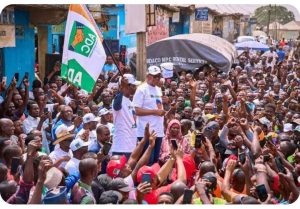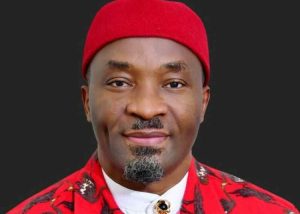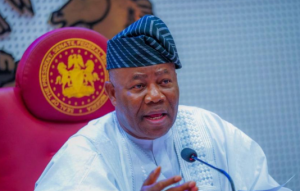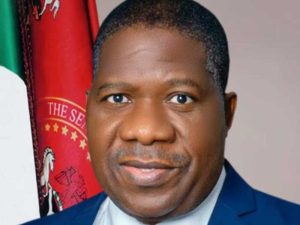4 Key Nigerian Politicians and Their Impact 2024
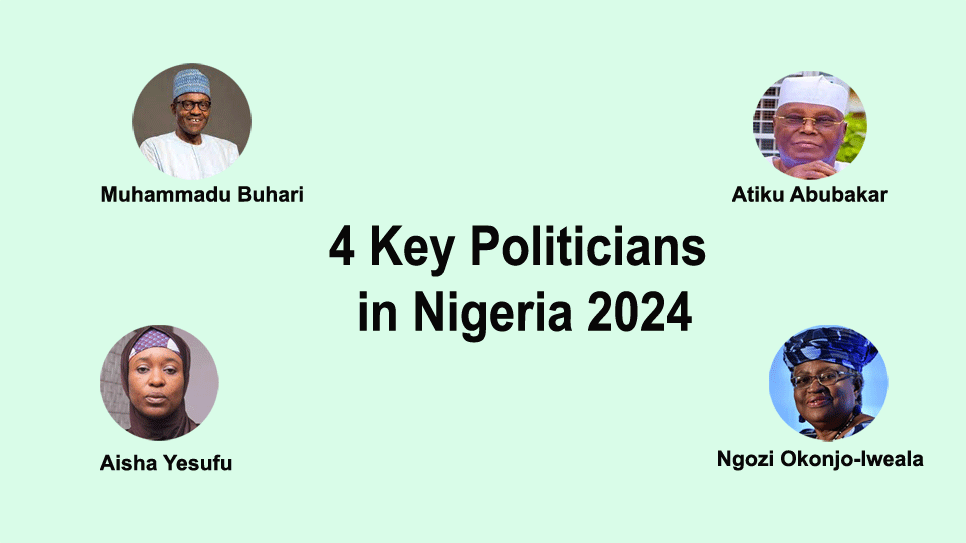
4 Key Nigerian Politicians and Their Impact 2024
Nigeria, a vibrant and diverse nation in West Africa, has a current political issues shaped by a rich tapestry of leaders, each contributing to the nation’s dynamic history. From seasoned veterans to emerging figures, Nigerian politicians play a crucial role in steering the country through its challenges and triumphs.
- Muhammadu Buhari: A Veteran Leader with a Legacy
Muhammadu Buhari, the current past President of Nigeria, has been a prominent figure in Nigerian politics for decades. Born in 1942, Buhari has served in various capacities, including as a military ruler and, as a democratically elected president that has contributed to Nigerian democracy. His administration has focused on tackling corruption, improving infrastructure, and addressing security challenges, particularly the Boko Haram insurgency in the northeast. Buhari’s leadership has been marked by a commitment to anti-corruption efforts and a vision for a stronger, more prosperous Nigeria.
- Atiku Abubakar: A Resilient Political Figure
Atiku Abubakar, a seasoned politician and businessman, has been a central figure in Nigerian politics for many years. The former Vice President and presidential candidate have played a crucial role in shaping the political landscape. Known for his business acumen and focus on economic policies, Atiku has been an advocate for job creation and economic growth. Despite facing challenges in his political career, he remains a resilient force, contributing to national discourse and the political evolution of Nigeria.
- Aisha Yesufu: The Face of Activism in Politics
Aisha Yesufu, a prominent activist appearing in current political news and co-convener of the “Bring Back Our Girls” movement, represents a newer generation of leaders who have emerged from civil society. While not holding an official political office, Yesufu’s impact on Nigerian politics is undeniable. Her activism, particularly in advocating for the release of kidnapped schoolgirls, has resonated both nationally and internationally. Aisha Yesufu embodies the spirit of civic engagement and holds politicians accountable for their actions.
- Ngozi Okonjo-Iweala: A Global Leader in Nigerian Politics
Ngozi Okonjo-Iweala, a former Finance Minister and the current Director-General of the World Trade Organization (WTO), brings a unique perspective to Nigerian politics. With a distinguished international career, Okonjo-Iweala has been a key player in shaping economic policies both within Nigeria and on the global stage. Her leadership exemplifies the potential for Nigerian politicians to excel not only nationally but also in influential international roles and current political issues as that always appears on Nigeria political news.
Conclusion: A Mosaic of Leadership Styles
Nigerian politicians, with their diverse backgrounds and experiences, collectively contribute to the intricate mosaic of the nation’s political landscape. From battling corruption and addressing security concerns to advocating for economic growth and human rights, these leaders shape the destiny of Africa’s most populous nation. As Nigeria continues its journey of political evolution, the impact of these politicians will undoubtedly leave an indelible mark on the nation’s history.

